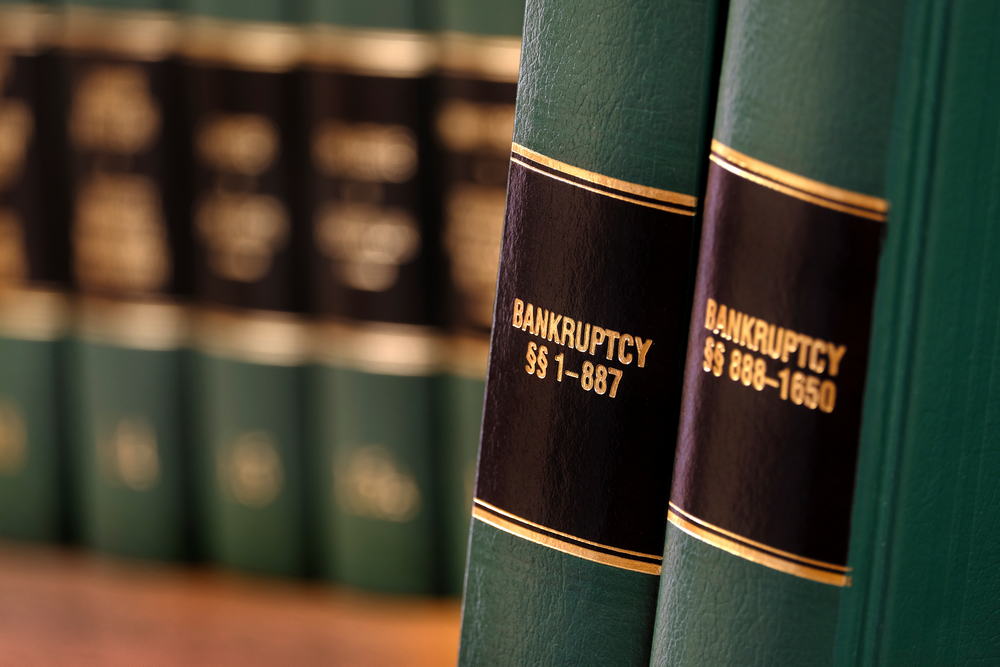
Among the many reasons we encourage judgment creditors to let us handle collection on their behalf is the reality that time is of the essence. Every passing day represents an opportunity for circumstances to change. Take bankruptcy, for example. A judgment debtor’s bankruptcy could have a significant impact on collection efforts.
Every now and again, we will mention being judgment-proof in one of our blog posts. To be judgment-proof is to be legitimately unable to pay a debt due to a lack of income and/or assets. In addition, having no prospects for the future makes payment very unlikely.
Care to guess what a bankruptcy does? It tends to make a person judgment-proof. It’s not always the case, but it is more often than not. Therefore, it’s in a judgment creditor’s best interests to get right on collection as soon as is legally allowed. The sooner payment can be arranged, the less likely bankruptcy will be a future problem.
Different Kinds of Bankruptcies
There are different types of bankruptcies under federal law. For example, a Chapter 7 bankruptcy is a liquidation bankruptcy. A person filing under Chapter 7 would expect certain assets to be sold to pay their debt. As far as bankruptcies and judgments are concerned, the details depend on how state statutes interact with federal bankruptcy laws.
As a general rule, most types of debts can be discharged during bankruptcy. This could mean that a judgment creditor is left out in the cold after the judgment debtor successfully completes bankruptcy proceedings. ‘Could’ is the key word here. Why? Because not all types of debts can be discharged in bankruptcy.
The types of debts that typically are not discharged include:
- Tax debts.
- Child support and alimony.
- Debts incurred as a result of malicious injury.
- Debts related to personal injury following a DUI accident.
- Some types of HOA and co-op fees.
- Government backed education loans.
- Debts owed to tax-advantaged retirement plans.
Most of these types of debts would not be typical of the judgments we see in Utah. That’s not to say we never see any of them. For instance, car accident victims often win personal injury judgments against other parties. Such judgments are not normally dischargeable through bankruptcy.
Time Is Not on Your Side
The point we want to drive home here is that time is not on your side in the judgment collection game. Every day that passes without you getting paid is another opportunity for the judgment debtor to find new ways to avoid paying. Wait too long and it might occur to the debtor that declaring bankruptcy will absolve them of the debt in question.
As a company that specializes in judgment collection, the best piece of advice we could give any judgment creditor is to give collection 100% effort from day one. Do not take it slow and easy with the expectation that you will ramp up your efforts should the debtor prove uncooperative five or six months down the road. That five or six months only represents lost time.
Judgment Collectors Can Help
Judgment Collectors can help you make the most of your collection efforts by working on the case on your behalf. When you assign an outstanding judgment to us, we get to work right away. We take care of everything, including our own expenses. You only pay when we successfully collect.
Our consignment model eliminates your risk. Meanwhile, you don’t have to put another minute into collections. We think that this is a good deal for you, especially if you’re hoping to collect before your debtor declares bankruptcy.